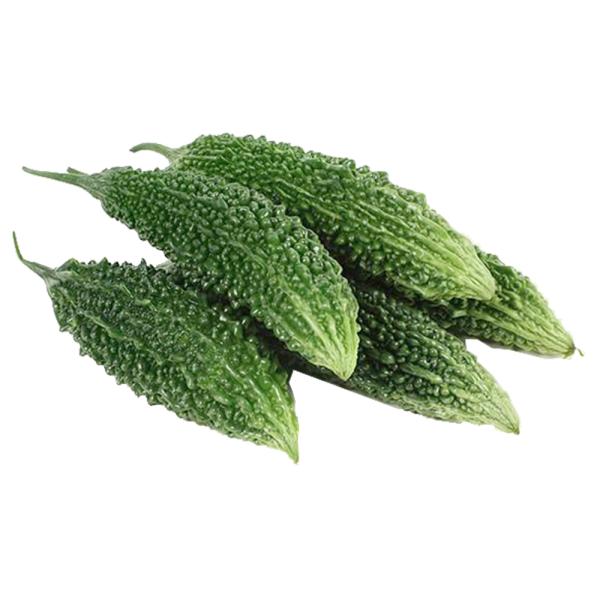The Nutritional Benefits of Bittergourd
Introduction
Bittergourd, also known as bitter melon or karela in some cultures, is a widely popular vegetable, particularly in Asia. This distinctive vegetable is renowned for its bitter taste, which is due to the presence of compounds such as momordicin. While its taste may not be appealing to everyone, it is widely valued for its potent health benefits.
In this blog, we will take a closer look at the various nutritional benefits of bittergourd, making a strong case for why it should be included in your diet.

Nutritional Content of Bittergourd
Bittergourd is a low-calorie vegetable that is an excellent source of several essential nutrients. It is a good source of vitamins and minerals such as vitamin C, iron, and potassium, and is also an excellent source of dietary fiber. A 100g serving of bittergourd contains about:
3.2 g of protein
1.5 g of total fat
0.1 g of saturated fat
3.2 g of dietary fiber
4.3 g of total carbohydrates
2.6 g of sugar
33 mg of calcium
22 mg of iron
40 mg of magnesium
0.6 mg of vitamin B1
0.2 mg of vitamin B2
0.7 mg of vitamin B3
0.3 mg of vitamin B6
2.0 mg of vitamin C
20 mg of potassium
Health Benefits of Bittergourd
Supports Healthy Blood Sugar Control
Bittergourd is known for its ability to support healthy blood sugar levels. It is believed to contain compounds that slow down the absorption of sugar in the intestines, helping to regulate blood sugar levels. This makes it an excellent food for people with diabetes, as it can help to control their blood sugar levels and reduce the risk of related health complications.
Antioxidant Properties
Bittergourd is rich in antioxidants such as vitamin C, which can help to protect the body against free radical damage. Free radicals can cause oxidative stress, leading to the development of several chronic diseases, including cancer, heart disease, and Parkinson’s disease. Antioxidants help to neutralize free radicals and prevent oxidative stress, reducing the risk of developing these chronic diseases.
Supports Liver Health
Bittergourd is also believed to support liver health by helping to detoxify the liver and removing harmful toxins from the body. This is due to the presence of compounds such as momordicin, which is believed to have a potent liver-protective effect.
Supports Digestive Health
Bittergourd is an excellent source of dietary fiber, which is essential for maintaining healthy digestion. Fiber helps to regulate bowel movements, prevent constipation, and reduce the risk of colon cancer.
Boosts Immune System
Bittergourd is rich in vitamin C, which is essential for maintaining a healthy immune system. Vitamin C helps to boost the immune system, making it easier for the body to fight off infections and diseases.
Promotes Healthy Skin
Vitamin C, which is found in high amounts in bittergourd, is essential for maintaining healthy skin. Vitamin C helps to protect the skin against damage from free radicals, reducing the risk of developing wrinkles and other signs of aging.
Supports Cardiovascular Health
Bittergourd is also believed to support cardiovascular health by reducing the risk of heart disease. This is due to the presence of compounds such as momordicin, which is believed to have a potent anti-inflammatory



